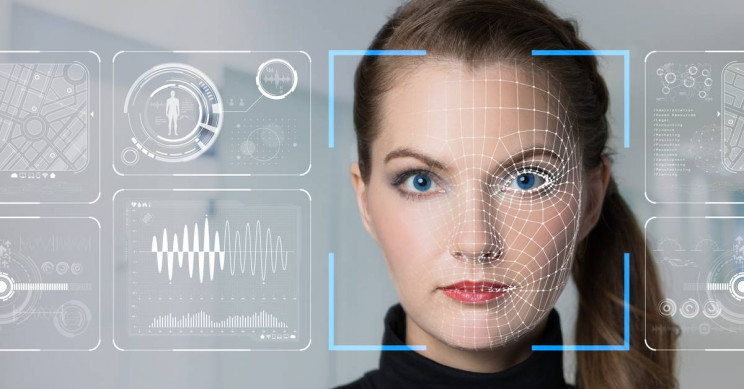Deepfakes Let Criminals Communicate Anonymously, Making it Easier to Pull Off Scams
Did you ever buy any music CDs by the “Hit Masters,” the “Countdown Singers,” or perhaps pick up a compilation album of hits by the “Original Artists”? If you did, you bought music by what is known as a soundalike band. You were faked out! This music is produced to imitate the sound of a popular song/artist and then sold at budget prices. The “spirit” of the sound of the song convinces buyers they have the real thing. But it is all phony! The cost of making and selling these is negligible compared to the cost of royalties for the original recording or to the licensing fees to produce and sell a “cover” version. Talk about Deepfakes!
A similar concept exists in the film industry called the MockBuster, where a film is quickly created and distributed to imitate and pretend to be another much more popular film. In short form video—you might have heard of an analogous idea—the Deepfake.
Social Media Provides Ample Raw Material to Create Deepfakes
This concept of faking has now been employed by the criminal element seeking to gain information and rewards from legitimate organizations. Deepfakes, both audio and visual, let criminals communicate anonymously, making it much easier to pull off scams. It used to be very difficult for felons to pose as someone else to gain an advantage or leverage inside an organization. But with the combination of social engineering and Artificial Intelligence software tools used to create deepfakes (i.e., anonymizing tools) the crooks have yet another weapon to employ. They can now create and edit seemingly real videos and audios of people and use them in their criminal activity. With the explosion of social media videos and photos, there is plenty of raw material for the bad guys to use to create their fakes.
How Do Deepfakes Work?
Here is how it works. A top executive receives a phone call that appears to be from his/her immediate superior. Everything about the call sounds real, down to the calibration and intonation of the superior’s voice. In the call, the chief demands an immediate, urgent funds transfer to another financial entity indicating that his company account will soon be credited. The executive makes the transfer and boom…the bad guys have made a killing and move on to their next victim.
You may have already heard about some famous deepfake videos such as those seemingly portraying Joe Rogan, David Beckham or even Barack Obama. Make a point of checking them out and you can see how powerful this can be. The lesson here, especially as more work is done remotely and/or online, is that businesses must be alert to the risk and change processes to reduce the chance of succumbing to a deepfake. Always double and triple check any urgent financial request…preferably in person with the key decision maker. As to deepfake videos, many are not “studio quality.” Look for jerky movement, shifts in lighting, strange blinking or no blinking at all, and poor synchronization between audio and video.
As always, the IT Radix team is here to assist in adding layers of security to protect you and your business. Contact us today!
First published in our June 2021 IT Radix Resource newsletter


